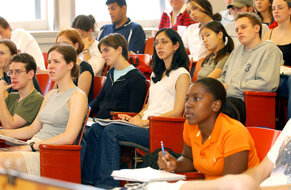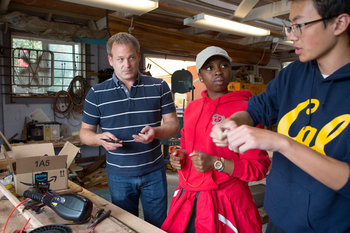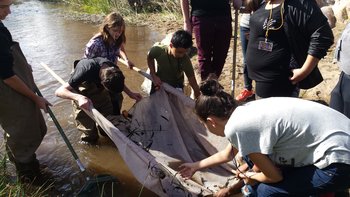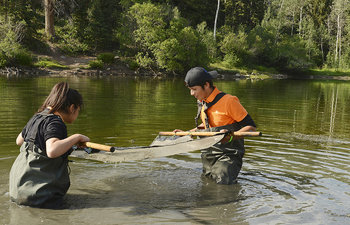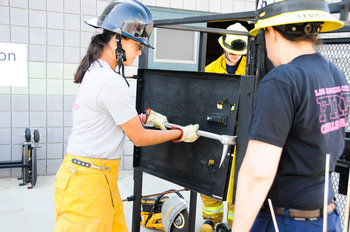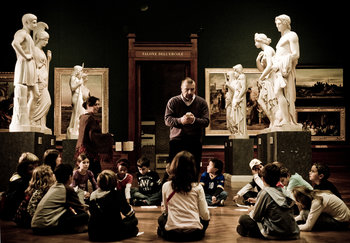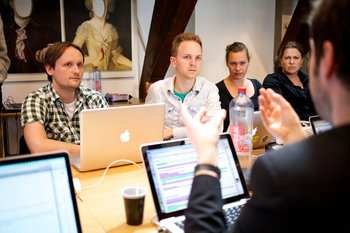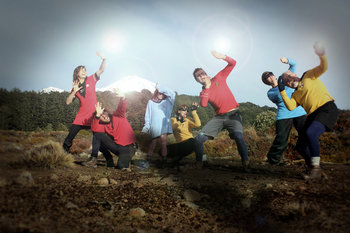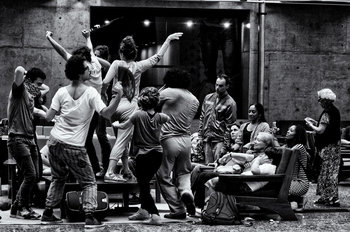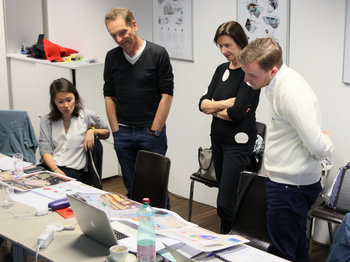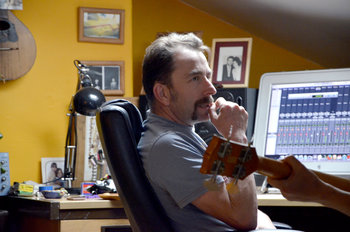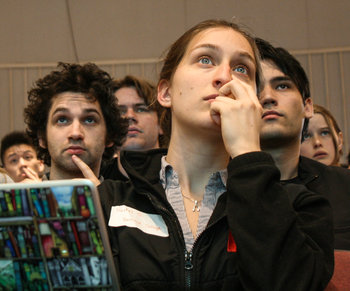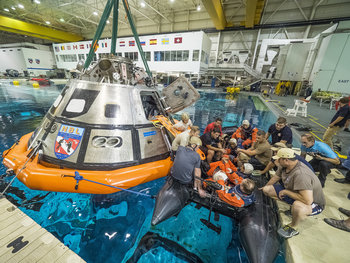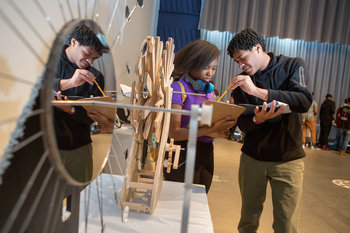
Sensory
Experiencing something directly with your senses. For example, participating in a cooking class with its smells, sights, tastes and temperatures as opposed to watching an instructional video.Physical
Physically snowboarding as opposed to snowboarding in a game.Responsibility
Responsibility for managing a team's budget and objectives as opposed to learning about management in school.Emotions
Experiencing emotions with a real life experience. For example, an equity trader who has experienced the stress and panic of a severe market crash.Social
Social experiences both positive and negative. For example, closing a sale or delivering a joke that bombs in front of a large crowd.Thought
Original thoughts that take you effort to discover may have more value to you than ideas that you learn from others.Language
It is impossible to learn a natural language properly without speaking with native speakers for many hours.Failing
It is often said that learning from other people's failure is better than learning from your own. However, one's own failures may have more impact on knowledge.Art
Standing in front of a real painting is different from standing in front of a perfect copy. It just has more meaning and tends to make more of an impression.| Overview: Direct Experience | ||
Type | ||
Definition | The process of acquiring knowledge by fully and directly participating. | |
Related Concepts | ||

